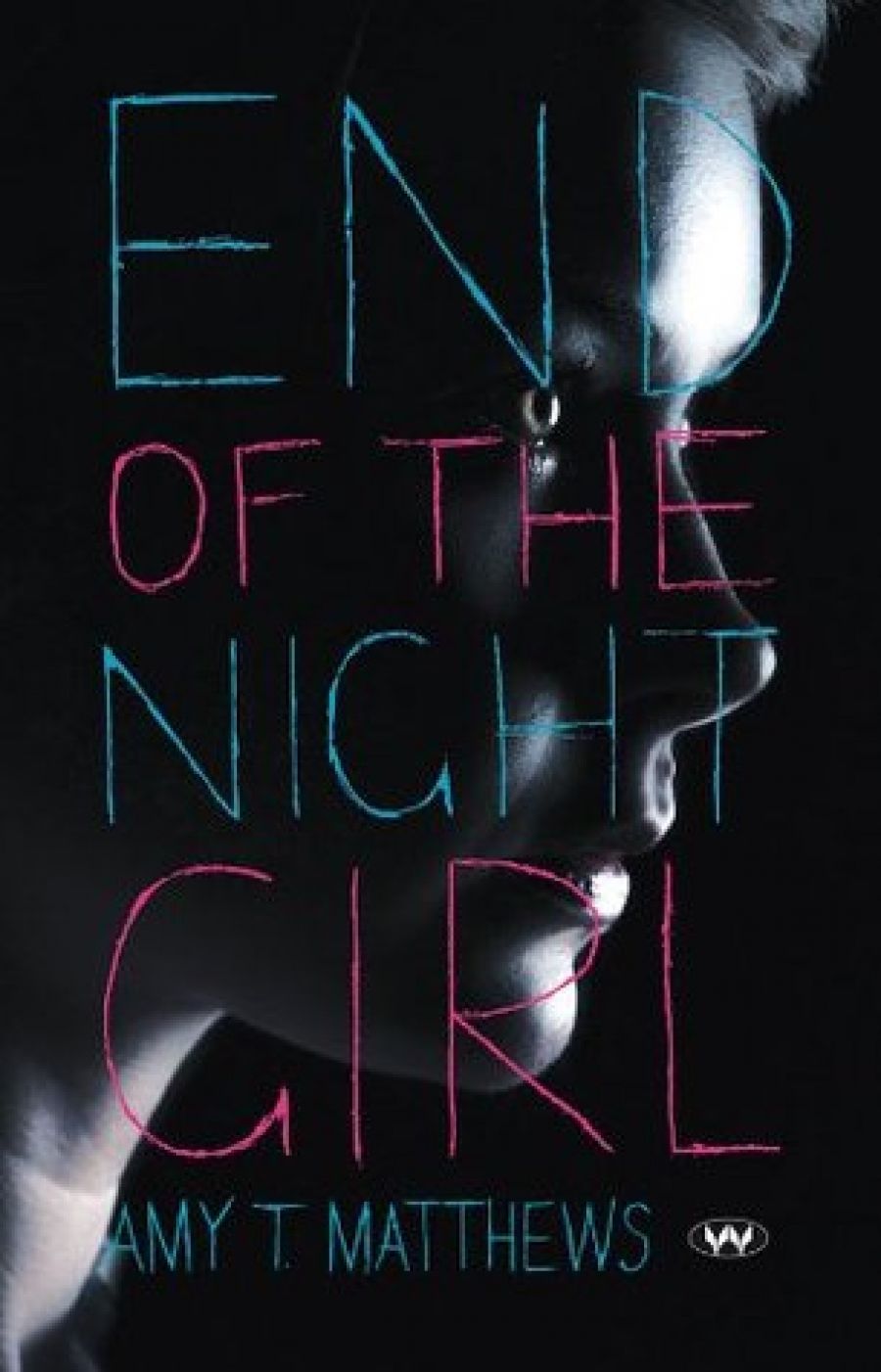
- Free Article: No
- Contents Category: Fiction
- Review Article: Yes
- Online Only: No
- Custom Highlight Text:
End of the Night Girl, the first novel by Adelaide writer Amy T. Matthews, is a story about one of the most difficult tasks of writing and scholarship in the past sixty years: imagining the Shoah. In attempting this task, Matthews emulates writers such as W.G. Sebald, Thomas Keneally, Elfriede Jelinek, and Inga Clendinnen.
- Book 1 Title: End of the Night Girl
- Book 1 Biblio: Wakefield Press, $24.95 pb, 280 pp, 9781862549449
Molly, a young waitress in Adelaide, is obsessed by the Shoah – the enormity, the barbarity, the very strangeness of it. She fills her world with the writings of Olga Lengyel, Paul Célan, Tadeusz Różewicz, and Martin Gilbert, and reconstructs the narrative of a murdered Polish Jew around the chaos of her own life.
This is a strong début, imaginative and brave. There is imagination in the story and in the form. The prose is as clever and precise at times as it is brash and familiar at others. Apart from a few clunky and clichéd moments, it is clear and determined. There is bravery in the subject, in exploring the need to gain access to history through fiction, as well as in its excellent examination of the quiet guilt of the non-Jewish person envisaging the Shoah, becoming obsessed by it.
Yet one of the most courageous elements of this story is its confrontation with so many scholarly maxims about the Shoah: Claude Lanzmann’s ideas about the impossibility of reimagining or recreating it, and, more importantly, Adorno’s dictum that there can be no poetry, no art, after Auschwitz.
We must live with the Shoah, in its wake and in its memory. Amy T. Matthews shows us in her novel how incredibly powerful imagination can be in the task of combining life and memory.


Comments powered by CComment